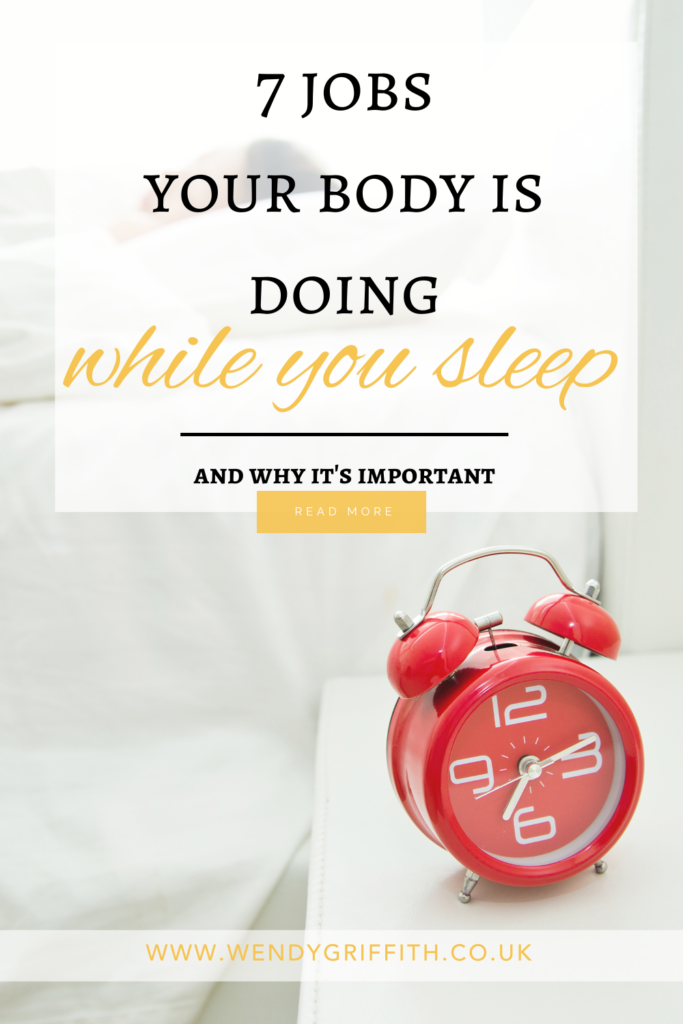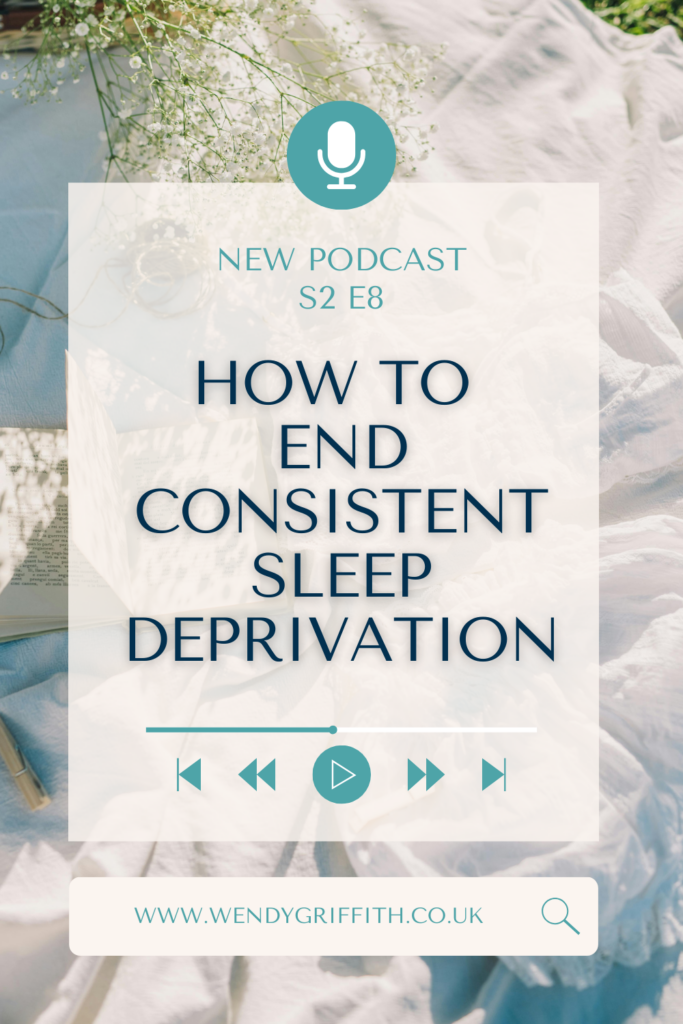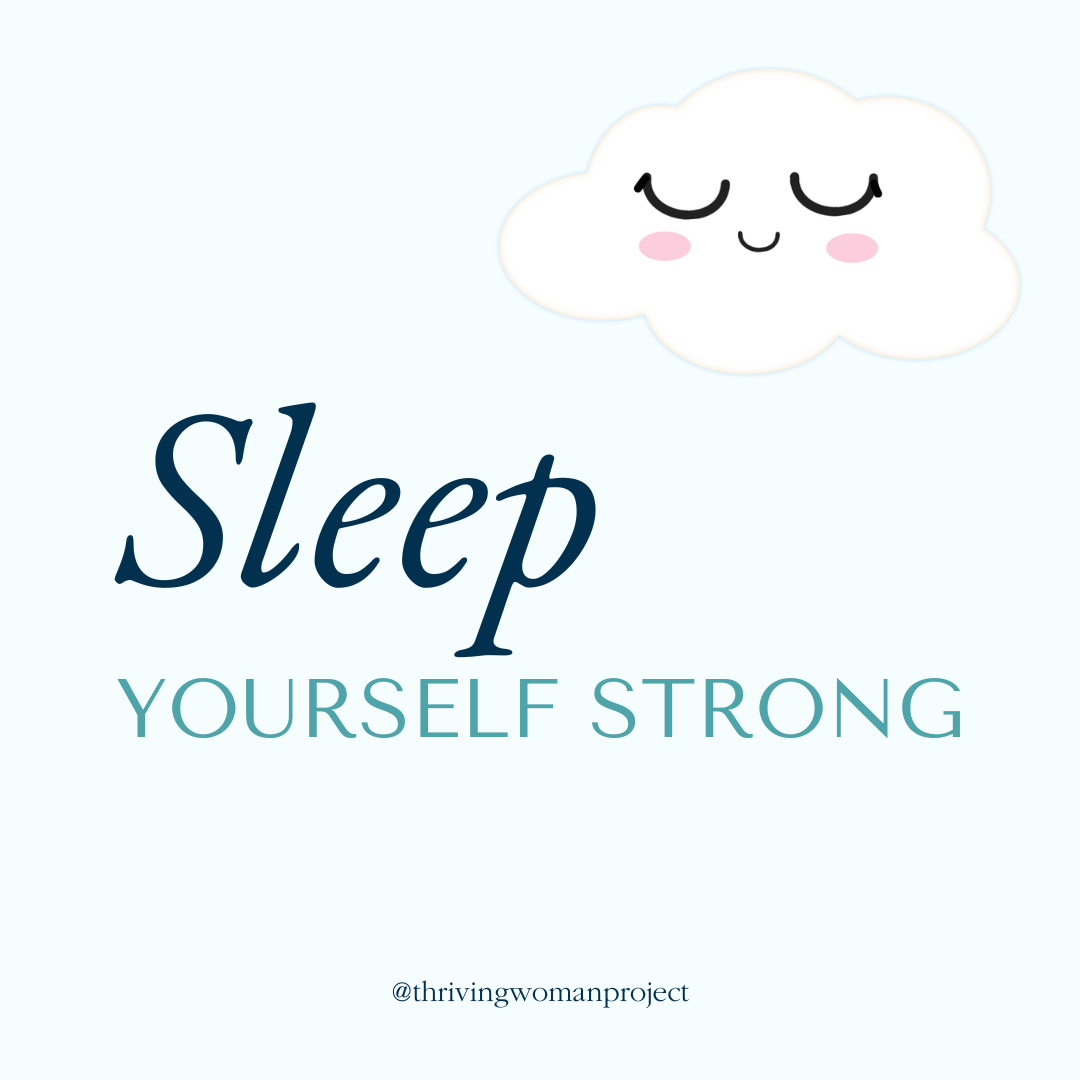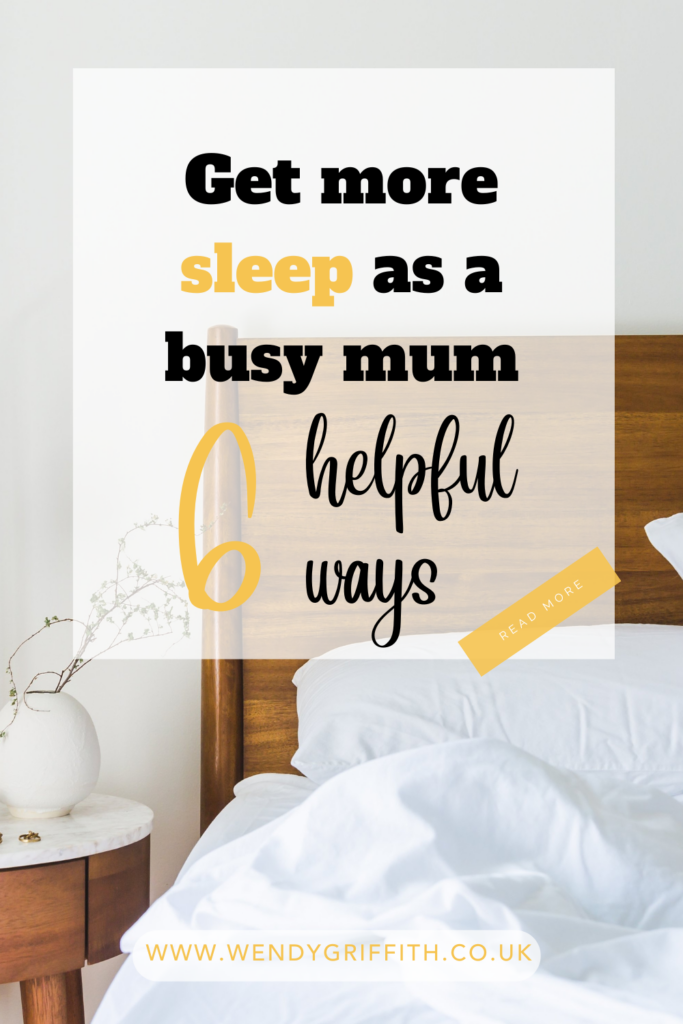Sleep is the ultimate key to happiness and energy and so how do busy mums prioritise sleep given a good night’s sleep will help you be the best version of yourself.
In 2017, researchers at Oxford Economics and the National Centre for Social research created The Living Well Index in partnership with Sainsbury’s.
What was the overwhelming finding? Sleep has the strongest association with well-being, more than a 50% pay rise!
In addition to this, do you know what your body is doing when you sleep?

Here are 7 jobs your body is doing while you sleep and why they are important:
Your brain is sorting information. Why is this important? Because this is how long-term memories are created.
Your hormones go to work. There are a multitude of hormones that get released while you sleep. These hormones assist in many processes including regulating your sleep, repairing and growing muscles and controlling your appetite.
Your immune system releases cytokines. These cytokines help your body fight trauma, inflammation and infections. It’s not a secret that when we’re overtired, we all know, we’re more susceptible to getting sick.
Moods moods moods! When you’re sleeping your brain is processing your emotions. When you’re not getting enough sleep you have more negative thoughts and emotional reactions. Mental health issues are strongly linked to poor quality sleep.
Improved concentration and productivity. Reduced sleep can have a similar effect to being drunk. Poor concentration, lack of coordination, lack of motivation, reduced memory and problem-solving skill, to name just a few.
Cortisol levels decrease and this is important because it’s known as the ‘stress hormone’. This drop in cortisol assists us in managing our stress.
Your sympathetic nervous system gets a break. So what? Well, it controls your fight-or-flight response. There is research that shows decreased sleep increases activity in your sympathetic nervous system and your blood pressure. This, in turn, affects your ability to control your stress levels as well as increases your risk of heart disease.
How to end sleep deprivation
I know you’re thinking, it’s all good and well to talk about this erratic and elusive thing called sleep but how do you actually achieve getting enough of it? I cover this topic in the episode How to end consistent sleep deprivation of my Healthy and Thriving Career Mums Podcast. Take a listen or continue reading here.

Firstly, I want to say, you may need to be realistic about how much sleep you can get, depending on what stage you’re in with your kids. If you’ve got a newborn, then put aside getting a good 7-8hrs sleep a night for a while. Grab as much as you can whenever you can and I’m sure some of the tips below will be useful.
Then, the objective should be to improve the quality of your sleep by introducing some healthy habits. This will allow you to increase the quality of your sleep and, if you can, get more and consistent sleep (especially if you’re just messing around on games before bed).
Sleep, after all, is the foundation of all things.

Here are my 6 go-tos to help prioritise sleep:
1. Go tech-free before bed
We all know blue light is bad for us; being on our phones just before bed is bad for us. So WHY do we keep doing it? Is whatever you are doing on your phone (FB/Games/emails/Instagram) really contributing to the happiness of your day? If sleep is key to wellbeing, be strict with yourself on this one. Use the Time Out feature on your phone which allows you to control your time on apps. If you see your apps greyed out, you’re going to think twice about whether you pop on. (You can activate your apps at any time.)
2. Avoid big meals, fatty and spicy food before bed
Give your body about 2hrs after dinner before heading to bed, otherwise, it’s spending most of its sleeping time digesting food rather than focusing on other important functions. If you do need a snack, go for something light.
3. Pre-bed routine
This sounds silly, right? But we know as mums how important routine is for our kids, especially before bedtime. Why do we think our bodies can perform differently?
- Give yourself at least 30 mins to wind down before bed. Read a book, dim the lights in your room, disconnect from devices, stretch, do some relaxation exercise. Try the legs up the wall pose, it has so many benefits for our bodies especially if you have restless legs.
- I use the 30 mins or so before bed to wind down by quietly choosing my clothes for the next day (I can’t be fighting my wardrobe in the morning), going through my beauty routine, and mentally “closing off” my day.

4. Monitor caffeine and alcohol intake
Caffeine obviously affects your ability to fall asleep and you may notice this more as you get older. I almost never have caffeine after 4 pm. Alcohol affects the quality of your sleep. Have your glass of wine, but perhaps be mindful of intake just before bed.
5. Your bed should be for sleep and sex!
I firmly believe that our bodies respond well to mental associations and having a strong connection to your bed is important. Limit watching TV just before bed or falling asleep with the TV on. This leaves our brains processing noisy information rather than processing the day.
6. Movement/Exercise
Exercise during the day promotes good sleep but rigorous exercise before bed is not recommended. When I say exercise, I mean movement – be it walking, dancing, playing with the kids, yoga or whatever floats your boat. I love a good HIIT workout and have recently fallen in love with paddleboarding.
Quality sleep is achievable and really when we realise just how important it is, we really should prioritise our sleep. BUT, be realistic about what is achievable, to begin with. Don’t try and implement ALL the above points. Choose one or two and be consistent with those.
Remember I always say “PROGRESS OVER PERFECTION!” Life is still going to happen, but a little consistency will make a big difference. So, here’s my Habits of Health Guide specially created with you in mind.